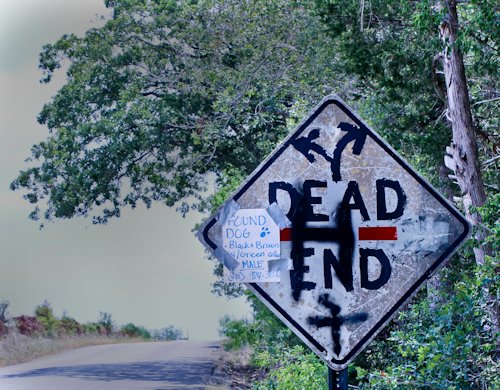I erase my father in parts. We share a nose, eyebrows, and ears. I cover my mouth up in the mirror and see him staring back at me, so that even when it’s been two or four or six years since we’ve seen each other last, there he is! I hate my nose with the tiny knob at the tip, a petite version of his crooked nub. I pluck my eyebrows daily to keep him at bay, if it’s possible to war with tweezers. I cover up my ears. I sleep with ear plugs in because I like the sound of no sound and the plugs begin to shape my cartilage in millimeters into something new. I rearrange my DNA on the daily. Our relationship has always been like this—at a distance but tethered together by the stupidest looking body parts.
2.
I am holding two dolls and I do not know the word for this so I tell the clipboard with the face behind it: “He touched my two bodies.” I read it later in type. Two bodies. I find it in a file in the bottom of an old box. Since then, I’ve turned these two words over in my head probably ten thousand times. I sometimes feel of two bodies, only half of me mine. I go to sleep as two people and wake up a clumsy version of one.
3.
What is a body anyway but just a rearrangement of space?
4.
I was born purple, the umbilical cord wrapped around my neck. In the womb, I nearly lost an eye because of some misdirected procedure. I still have a tiny, barely perceptible scar on my eyelid. This all makes me think the universe was trying to send a message.
5.
During one of his visits he says, “You never call me Papi anymore. Call me Papi.” His bald spot reflects the light. There is something desperate about him that upsets me.
“Papi’s too little kid, isn’t it?”
“Papá, then. Call me Papá.”
“But John is like the American way of saying Papá, right?”
6.
Right?
7.
He was very sad. The sadness he wore like a wound. It was what he was best at. When we were together on his visits back to me, he’d make noise to cover it up. I’d try to stopper it. He’d whistle some made-up tune. He’d whistle at the station pumping gas, or at the mall, or when introducing me to friends.
He’d whistle when I wasn’t talking to him because he’d hurt me. He’d whistle when he wouldn’t admit that he had. He was very good at whistling. Later, I meet some other boys that whistle. They are all very sad, too.
I think: why wear your sadness so loudly? It makes me angry. Just put it away like the rest of us.
When I hear a whistle I sometimes think of him. It gets me into a panic. I like to forget things.
8.
I am still learning my body. I am still learning how it resists me. It would be nice to have two bodies. The one you’re given; the one you pick.
9.
I have lived with him as a negative slide. It’s the parts you leave out that make the best story. It’s getting to be so that I already think of him in the past tense, just a paper cut-out, a loose end, poetic and manageable and neat.
10.
I want to blame him for teaching me how to love poorly, but the truth is I taught myself how to unlove.
11.
I remember a bicycle. I remember how the path sinks behind a white stucco wall, outside of view. Of this whole thing, not remembering is worse than knowing. Memory seems to work unwisely. You remember what you don’t want, you forget what you need. I don’t know in what category this particular memory fits, but I know that it will define every year that I’ve lived after it. It will define every thought I’ve had, every action I’ve taken, and everything that I will do in the moments after knowing. It’s sometimes easier to leave whatever happened behind it. It’s sometimes easier to stare at the white space.
12.
I have to tell you, I’m not any braver than I was before.
—
Jean Ferruzola lives and works in Seattle. She holds an MFA from the University of Washington, and her work has appeared in The Acentos Review. She currently writes for television, and is an editor for Pacifica Literary Review. She blogs on the origin of this essay here.
Photography by Michael McKniff


5 comments
eliza says:
Mar 13, 2013
Wonderful piece.
angela says:
Mar 13, 2013
Beautiful. I love this line: “I want to blame him for teaching me how to love poorly, but the truth is I taught myself how to unlove.”
The Language of Violation: Jean Burnet on ‘Two Bodies’ | BREVITY's Nonfiction Blog says:
Mar 21, 2013
[…] Burnet, author of “Two Bodies” in the March 2013 issue of Brevity, reflects on the origin of her essay and the language of […]
Pierrette says:
Mar 21, 2013
Lovely essay. It is story and also structure that tells the story. This line takes the piece to an entire other place. “It’s sometimes easier to leave whatever happened behind it. It’s sometimes easier to stare at the white space.”
Excellent from first to last. Layers of meaning, story, craft.
Suggested Online Reading | Nancy Nguyen says:
Apr 19, 2015
[…] “Two Bodies” by Jean Burnet […]